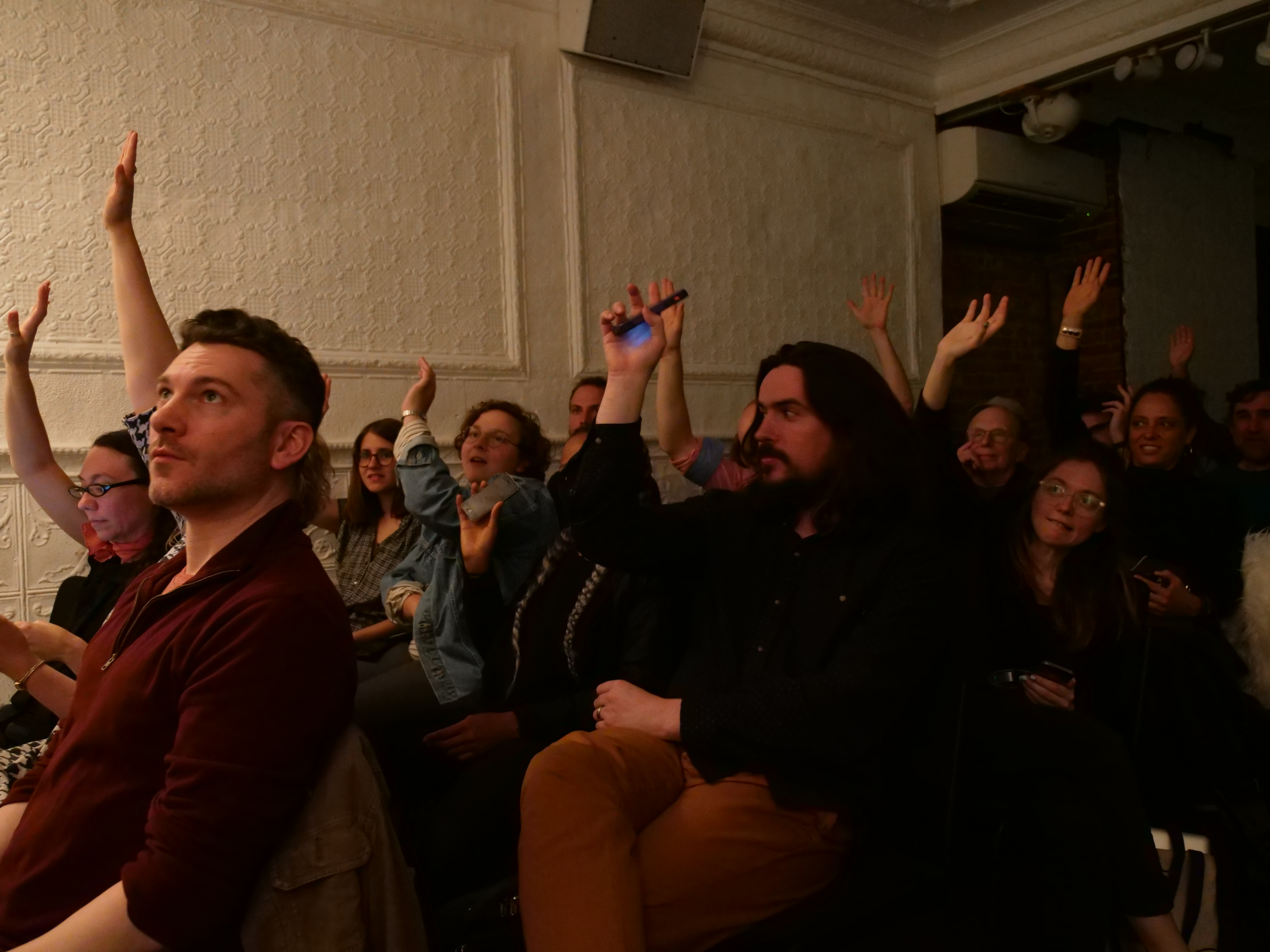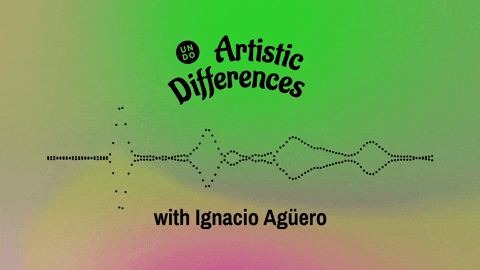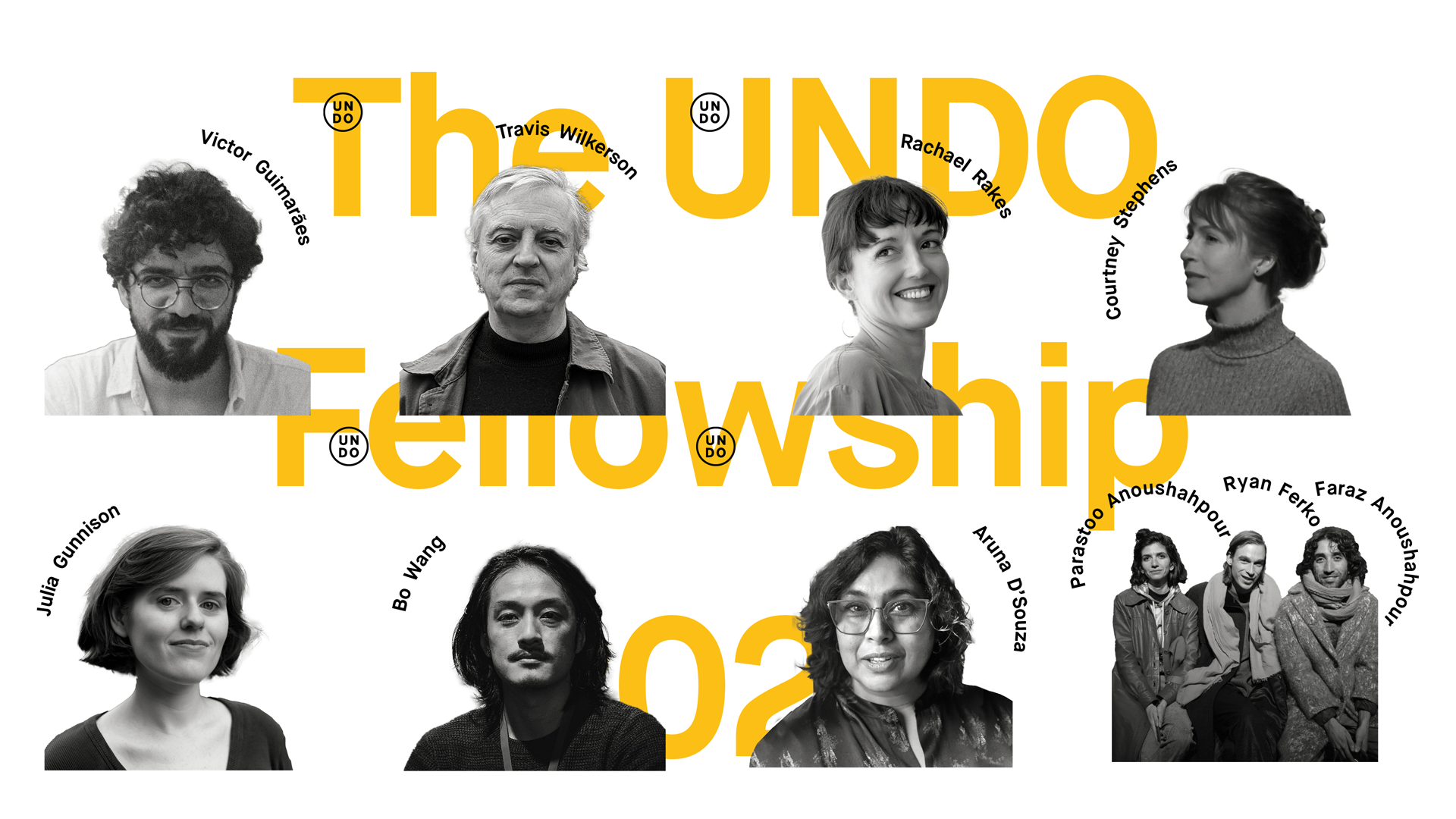Women’s Advocacy On Film
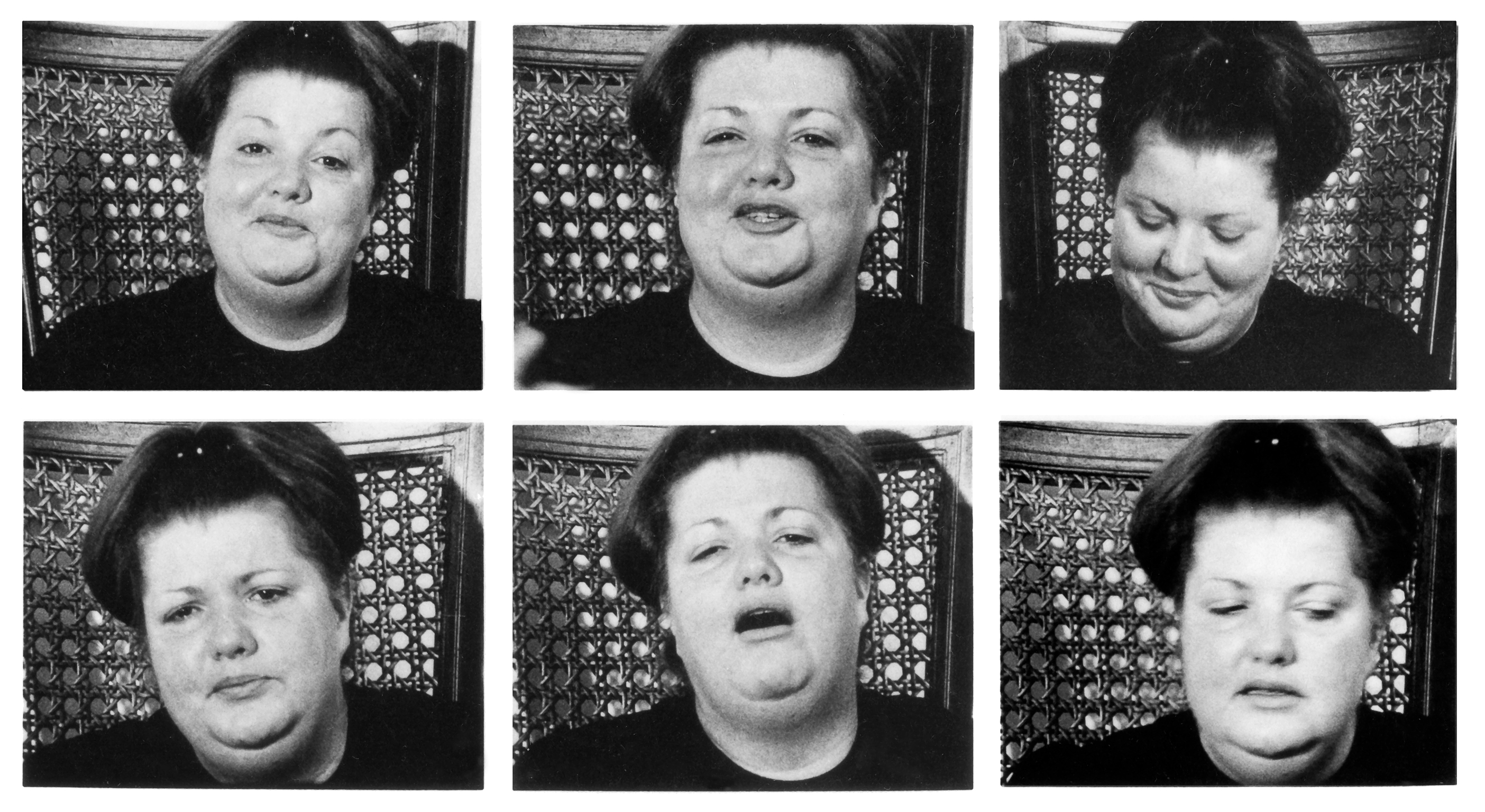
Preserving Women’s Stories
By presenting nonfiction films from a woman’s perspective, Women’s Film Preservation Fund (WFPF) of New York Women in Film & Television (NYWIFT) supports filmmakers who have shaped movements and provided insights on politics, the environment, human rights, gender identity and roles, sexuality, health and family. With WFPF and NYWIFT, UnionDocs is proud to co-present FROM THE VAULT: WOMEN’S ADVOCACY ON FILM, a 9-program series to launch September 24th, 2017 and to continue monthly through the spring of 2018. These explorations of story and truth, their innovative approaches to documentary filmmaking, and their subjects continue to be relevant today to filmmakers, activists, and media consumers creatively effecting change.The series is curated by WFPF Co-Chair Kirsten Larvick, with programming assistance from Co-Chair Ann Deborah Levy and Raquel Salazar-Foster.
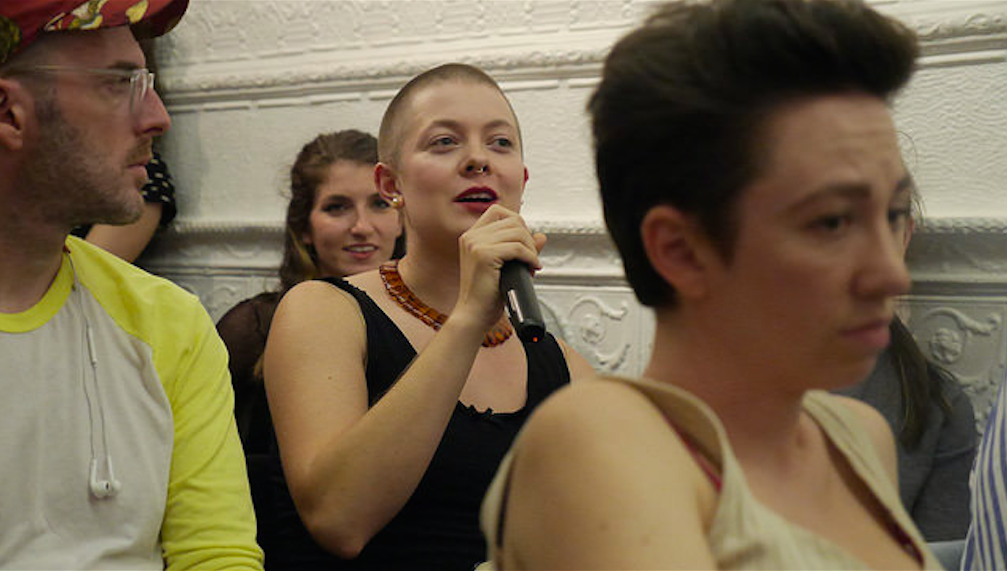
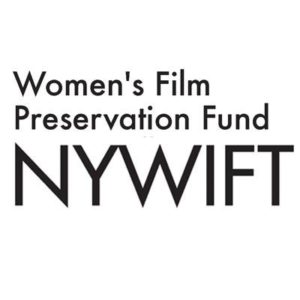
Women’s Film Preservation Fund
Co-presenters of FROM THE VAULT
The Women’s Film Preservation Fund (WFPF) is the only program in the world dedicated to preserving the cultural legacy of women in the industry through preserving films made by women. Founded in 1995 by NYWIFT in conjunction with the Museum of Modern Art (MoMA), WFPF has preserved more than 130 American films, across all genres, in which women have played key creative roles. The WFPF is rewriting the film history books, by saving one moving picture at a time. www.womensfilmpreservationfund.org | FB: www.facebook.com/TheWFPF
New York Women in Film & Television
Co-presenters of FROM THE VAULT: WOMEN’S ADVOCACY ON FILM
The preeminent entertainment industry association for women in New York City, NYWIFT supports women calling the shots in film, television and digital media. NYWIFT energizes the careers of women in entertainment by illuminating their achievements, providing training and professional development activities, and advocating for equality. Membership includes more than 2,200 women and men working in all areas of the industry. NYWIFT is part of a network of 40 women in film organizations worldwide, representing more than 10,000 members. For further information about New York Women in Film & Television, please visit www.nywift.org. Follow @NYWIFT on all social media for additional event updates, news and photos.

Coming Up in the Series
RESIST, REFORM, REPEAT: WOMEN & ACTIVISM
Sep 24th, 2017
RESIST REFORM REPEAT: LAS MADRES
Las Madres: The Mothers of Plaza del Mayo
64 min., 1985, dir. Lourdes Portillo and Susana Munoz
Does peaceful protest yield results? The Mothers of Plaza de Mayo demanded answers, resisting governmental intimidation through human rights activism. The Mothers of Plaza de Mayo, an Academy Award nominee, tells the story of a group of mothers, who have all lost a son or daughter during Argentina’s “Dirty War” in the 1970’s when thousands of people disappeared. They come together in the Plaza de Mayo in Buenos Aires and demand to learn the fate of their children.
Women’s Voices: The Gender Gap
16 min., 1984, dir. Jenny Rohrer
Women’s Voices: The Gender Gap explores the growing difference in the voting patterns of men and women (called the gender gap) that could no longer be denied by the mid-1980’s. Director Jenny Rohrer brings together a diverse group of women to discuss their perspectives on political issues. Interwoven through these interviews are witty animated sequences from cartoonist Nicole Hollander, creator of the comic Sylvia.
Oct 22nd, 2017
RESIST REFORM REPEAT: VIETNAM: THE SECRET AGENT
Vietnam: The Secret Agent
58 min., 1983, dir. Jacki Ochs
The Secret Agent was the first film, using now familiar archival footage, to examine the legacy of exposure to dioxin spray — better known as Agent Orange – used extensively during the Vietnam War. The film is an invaluable document that reflects on past and present US wartime involvement and treatment of veterans, sustained abuse to the environment, and the residual unresolved issues of the Vietnam War. Ochs’ documentary won a special Jury Prize at Sundance and premiered at the New York Film Festival.
Dec 3rd, 2017
RESIST REFORM REPEAT: BUFFALO CREEK FLOOD: AN ACT OF MAN
Buffalo Creek Flood: An Act of Man
40 min., 1975, dir. Mimi Pickering
This documentary investigates the 1972 coal waste dam disaster that flooded a surrounding southern West Virginia with water and sludge, killing 125 and leaving thousands homeless.
Jan 28th, 2018
RESIST REFORM REPEAT: THE WOBBLIES
The Wobblies
90 min., 1979, dir. Deborah Shaffer and Sterwart Bird
This film boldly investigates a nation torn by naked corporate greed and the red-hot rift between the industrial masters and the rabble-rousing workers in the field and factory. MORE: The Wobblies documents the early 20th century radical labor union, The Industrial Workers of the World, and is one of the first films to extend the genre beyond interviews and verité-style photography to include dramatic voice-overs and materials such as cartoons, paintings and posters.
Feb 25th, 2018
RESIST REFORM REPEAT: HARLAN COUNTY, USA
Harlan County USA
103 min., 1976, dir. Barabara Kopple
The oscar-winning documentary film covering the “Brookside Strike”, an effort of 180 coal miners and their wives against the Duke Power Company-owned Eastover Coal Company’s Brookside Mine and Prep Plant in Harlan County, southeast Kentucky in 1973.
REEXAMINE, RECLAIM, REDEFINE: GENDER & IDENTITY
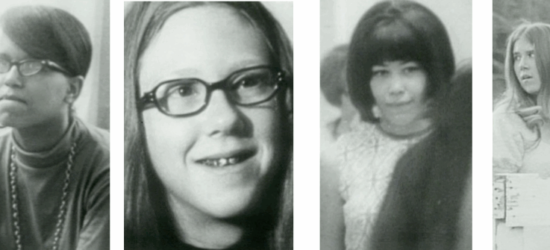
Mar 25th, 2018
REEXAMINE RECLAIM REDEFINE: GROWING UP FEMALE
Growing Up Female
53 min., 1971, dir. Julia Reichert and Jim Klein
A lyrical examination of the socialization of American women. In concise portraits, the film introduces the audience to girls and women ages five to 34 and looks at the ways their lives and self-concepts are shaped by the institutions of marriage, school, advertising and popular culture. Considered by many to be one for the first second-wave feminist documentaries made.
Janie’s Janie
25 min., 1970, dir. Geri Ashur and Marilyn Mulford
Janie’s Janie is part of the films of the Third World Newsreel, whose works represent vibrant documents of the 1960’s women’s movement and the thinking of young women at that time in history. The very existence of these films resulted from struggles around gender issues within Newsreel. Janie’s Janie is a “personal documentary” that follows a woman who comes to realize that she has to control her own life, after years of experiencing physical and mental abuse, illustrated through both interviews and verite footage.

Apr 22nd, 2018
REEXAMINE RECLAIM REDEFINE: THE WOMAN’S FILM
Betty Tells Her Story
20 min., 1972, dir. Liane Brandon
BETTY TELLS HER STORY is the poignant tale of beauty, identity and a dress. It was the first independent film of the women’s movement to explore the issues of body image, self-worth and beauty in American society. It is the saga of Betty’s search for “the perfect dress”- how she found just the right one, felt absolutely transformed, and… never got to wear it. Then Betty tells her story again. This time, her feelings emerge and the story is strikingly different. The contrast between the two stories is haunting. Made in 1972, Betty Tells Her Story has won many awards and was a nominated for the National Film Registry.
All Women Are Equal
15 min., 1972, dir. Paris Marguerite
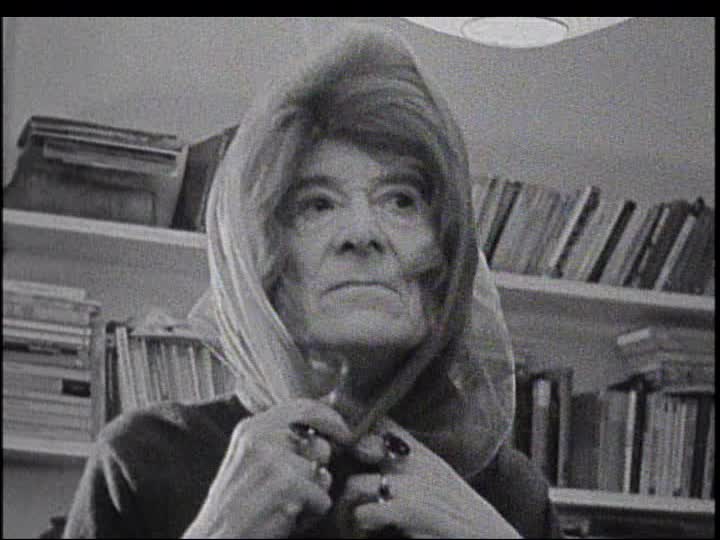
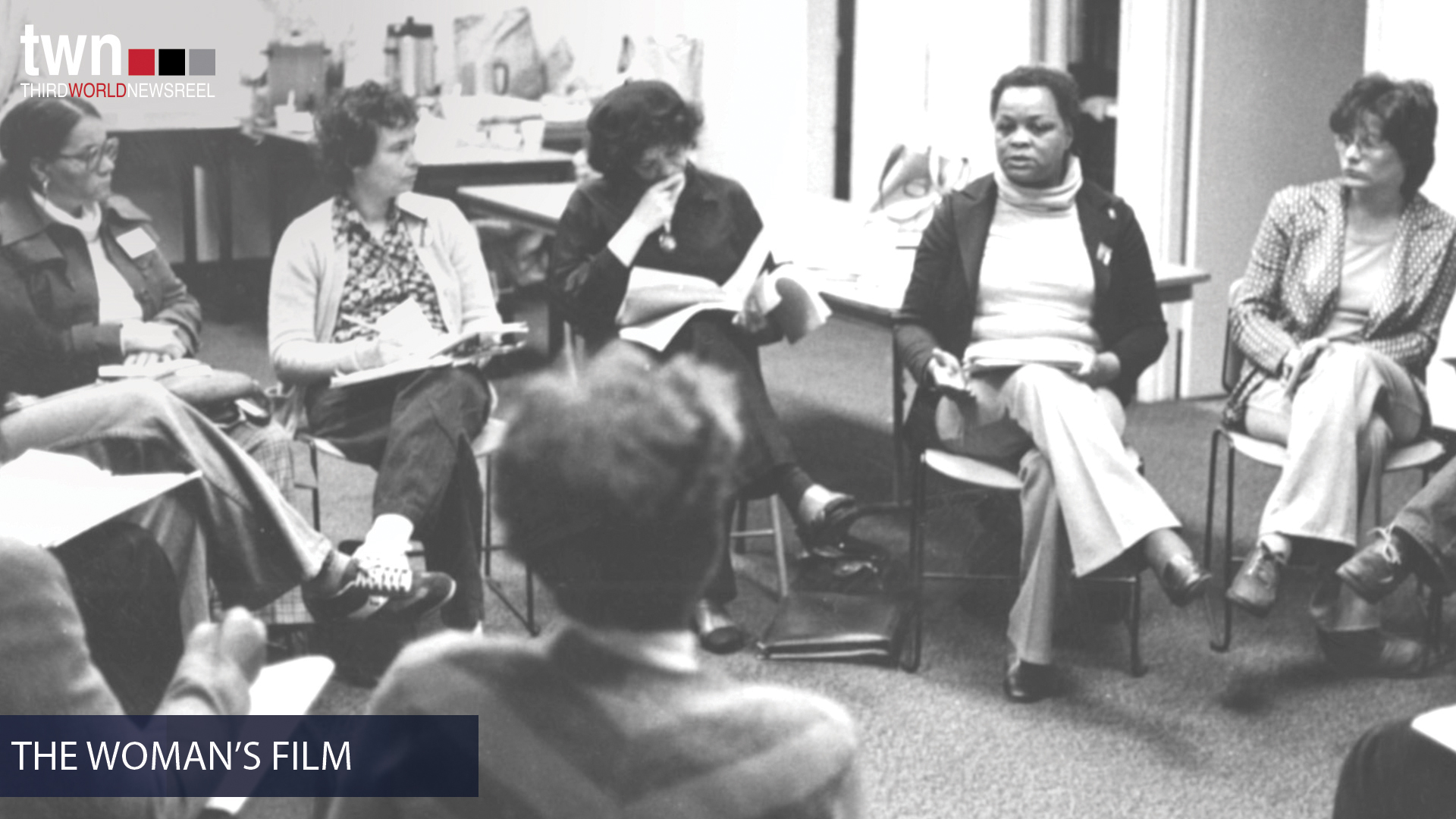
The Woman’s Film
40 min., Women’s Caucus, San Francisco Newsreel, including Louise Alaimo, Judy Smith, and Ellen Sorrin
A valuable historical document of the origins of the modern women’s movement in the U.S. The film delves into the lives of ordinary women from different races, educational levels and class Filmed mostly in small consciousness-raising groups, from which the women’s movement grew, the women talk about the daily realities of their lives as wives, home-makers, and workers. They speak, sometimes with hesitancy, often with passion, about the oppression of women as they see it.
Anything You Want to Be & Joe and Maxi
80 min., 1973, dir. Maxi Cohen
This film is an intimate and revealing portrait of the relationship between a father and daughter. Begun as an attempt to get to know her father, Cohen’s film ended up dealing with diagnosis of cancer and subsequent death. A breakthrough verité film, it portrays universal emotions while exposing family interactions and raising ethics issues involved in documentary filmmaking.
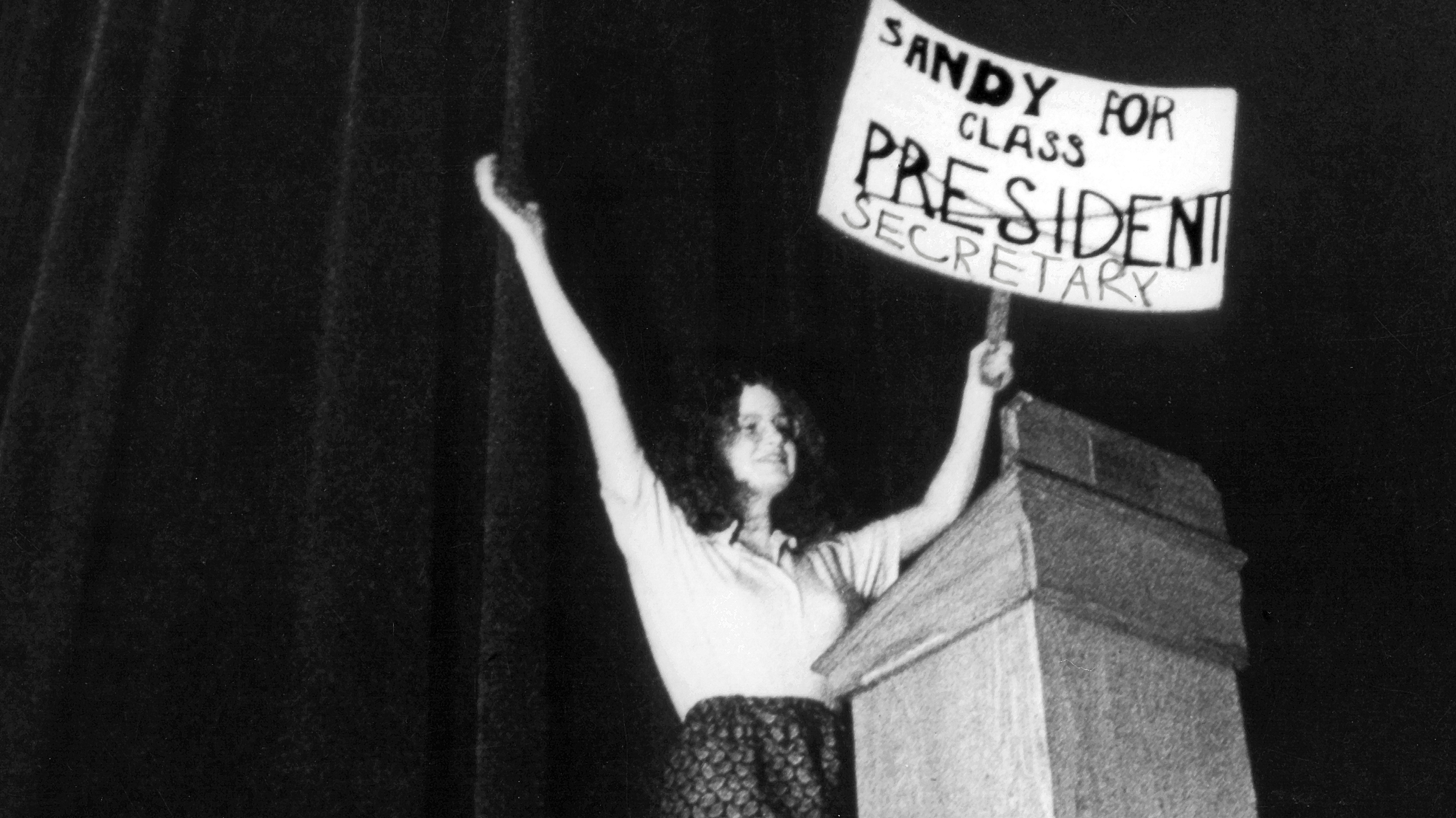
Anything You Want to Be
8 min., 1971, dir. Liane Brandon
ANYTHING YOU WANT TO BE is one of the very first “Women’s Liberation” films in the country – and it was instrumental in spreading the word about the Women’s Movement across the US. Shot in 1970, it is a humorous film about a teenager’s collision with sex-role stereotypes. In a series of comical vignettes, a bright high school girl finds that, despite her parents’ assurance that she can be “anything she wants to be,” she is repeatedly foiled by social expectations and media stereotypes. As a part of the growing women’s movement, this film helped give voice to a generation of women whose expectations, opportunities and career choices were extremely limited.
Intro to Archiving and Preservation for Film + Video
Once a production has been completed, documentarians are often consumed with their next project. Although the intention to keep our work alive for the long run, preservation and accessibility maintenance is another job in and of itself. Sustainability of one’s body of work is essential to our shared discipline of keeping our stories in the conversation.
